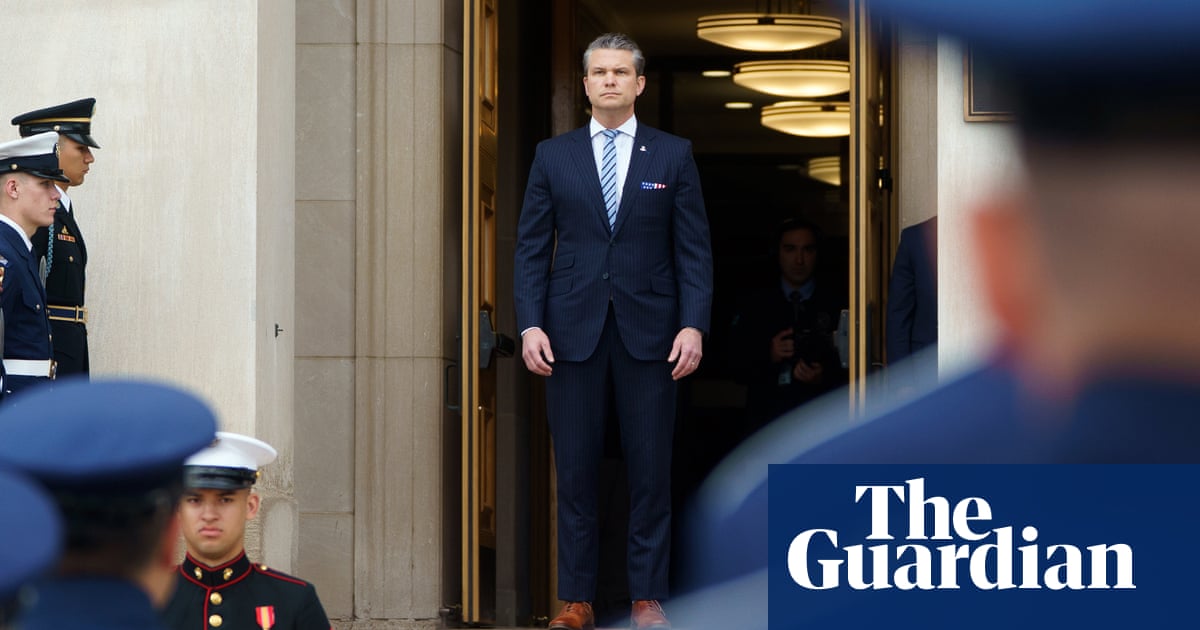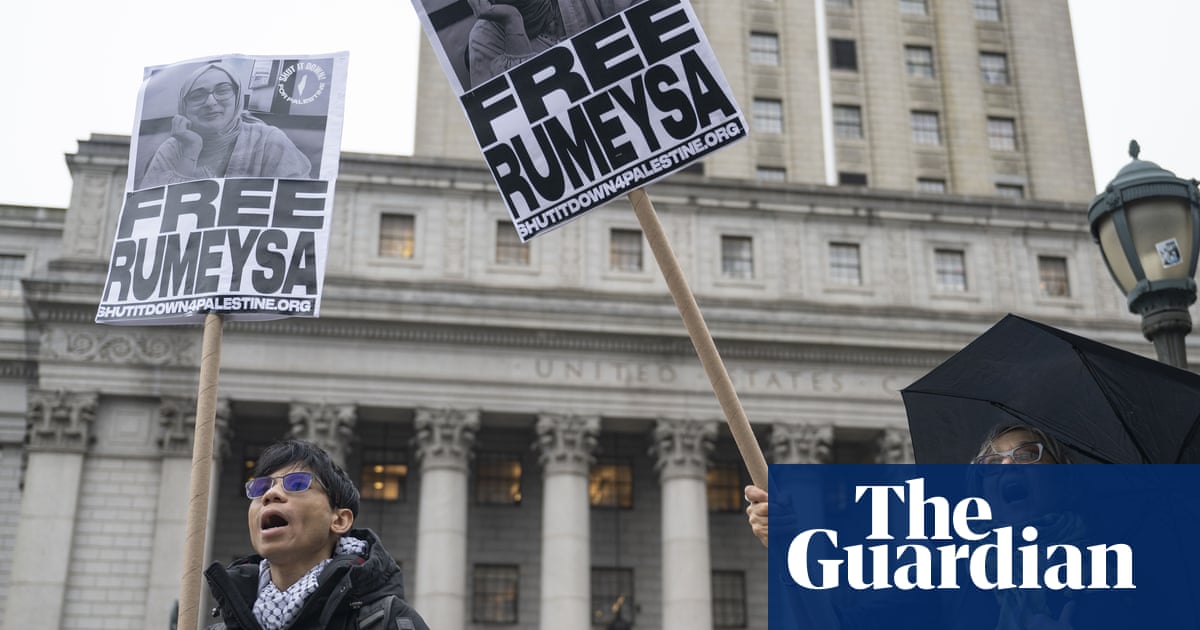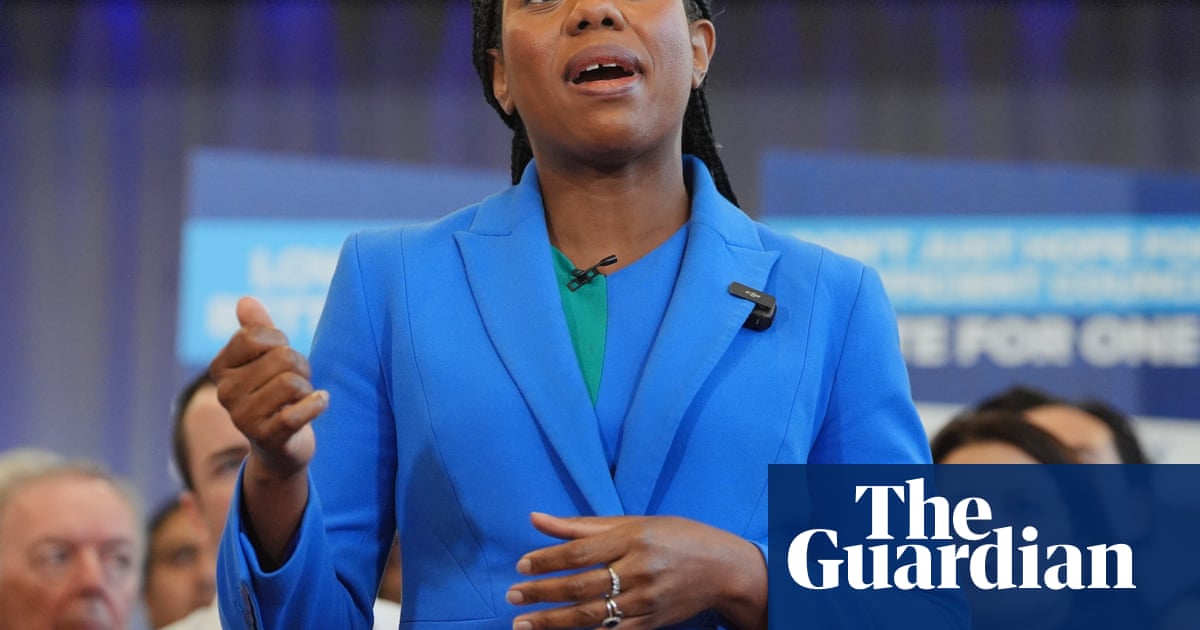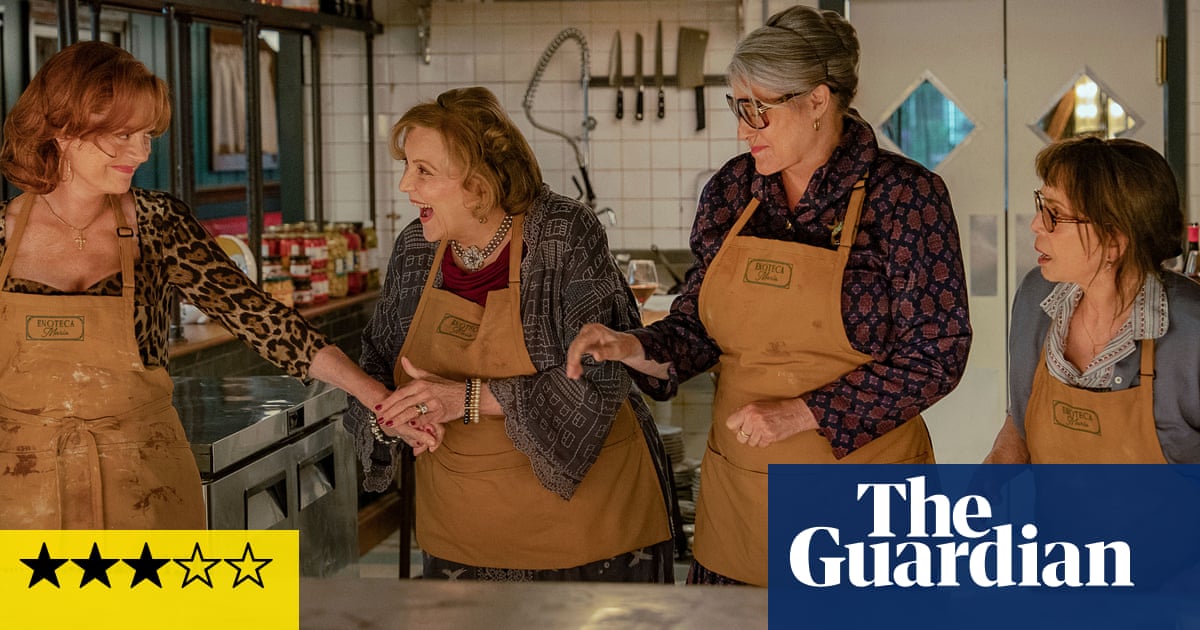Sometimes, if you are a straight woman, it can be tempting to see your sexuality as a curse. It is a cliche to talk about the uselessness of men, but I do it anyway: it is a neat way of avoiding the fact that I too can be selfish and cruel to the men who go out with me. Writing in the New Inquiry in 2019, Asa Seresin used the term “heteropessimism” to refer to this tendency among straight women. As Seresin points out, this way of thinking is not terribly helpful, because it is really an abdication of responsibility. If men are irredeemable, and loving men is always going to make women unhappy, then we don’t have to attempt the difficult work of trying to make our relationships more equitable.
What makes Shon Faye’s memoir about love so refreshing is that it resists heteropessimism, and tries to do something more hopeful. Faye is a trans woman who spent years convinced that she would always be an “exile” from the closed world of heterosexual romance, but the idea she puts forward in this book is that this sense of exclusion is not unique to her. Faye argues that, collectively, we ask too much of romantic love: we expect it to solve all of our problems and when, inevitably, it doesn’t live up to the hype, we feel excluded from the “happy kingdom” of successful partnership. Instead of blaming men for love’s disappointments, Faye analyses her breakups to try to imagine better ways of approaching relationships. This is a memoir but it is also a kind of self-help book. Faye is trying to teach herself – and her reader – how to love in a different way.
Much of Faye’s writing is deeply personal, but a political thesis underpins Love in Exile. Drawing on the work of the academic Mark Fisher, Faye argues that, under capitalism, love has been privatised. The erosion of the welfare state has put intolerable stress on couples by making romantic love the exclusive source of affection that should properly be found outside the home, in labour unions and within communities. Faye’s analysis is not vague here – she references specific cuts to local authority budgets that have chipped away at the social care infrastructure – but still, I found these parts of the book unconvincing. Faye argues that we idealise romantic love as the source of all meaning and happiness because capitalism has failed us, stating that we began to conceive of love as “transcendent” and “quasi-spiritual” during the industrial revolution, when community bonds started to dissolve. I don’t doubt that better social care provision would alleviate strain on couples, but blaming your failure to find love on capitalism, as Faye does here, feels a bit of a reach to me. Haven’t human beings throughout history always turned to their lovers for a specific form of intimacy and affection that cannot be replaced by community support networks, even if they were fully funded? Also, if we have to end capitalism before we can attempt to have successful romantic relationships, then my future – as a single, 33-year-old woman – looks bleak.
Love in Exile is more enlightening when Faye suggests specific changes we can effect – on an individual level – to make our relationships more enriching. Throughout the book, she pushes herself to acknowledge her own role in creating dysfunctional relationship dynamics. Writing about sex, Faye suggests that she actually presents herself as less desirous than she really is in order to shore up her gender identity: “The more I present myself as a passive actor in sex, the more I satisfy the cultural demand placed on trans women to be non-threatening. The more I – frankly – seem like a woman to others.”
The best writing in this bookacknowledges that we fall in love in a capitalist patriarchy, but doesn’t pretend that women are only ever passive victims of those systems. Heteropessimism is fun because it is easy. To be reminded that you have agency is uncomfortable, but it is also freeing. In a chapter towards the end Faye writes about how to cultivate kindness and compassion towards herself. This is the closest Love in Exile gets to straight self-help, as Faye shares strategies like learning to “say no” more, and trying to silence her own internal critical voice. (Faye is so funny and self-deprecating that her advice is never preachy, but she writes that one thing that has brought her some measure of peace is regular prayer.) Love in Exile is sincere in a way that reminds me of bell hooks’ 1999 book All About Love, which Faye cites as an influence. Like hooks, Faye is prepared to mine every experience, and share every hard-won lesson to try to get her reader to love in better ways – even if those lessons are, in their very earnestness, exposing. I find her vulnerability generous.
There is no redemption arc here. Faye writes in her postscript that she hasn’t found romantic love, or even total self-love. She suffered a new heartbreak in the middle of writing the book, and was shocked to discover that she had “acquired no new mastery over my own emotions”. It hurt just as much. But the end of this book is, crucially, optimistic. Faye refuses cynicism and commits to trying again. Her writing will shake your illusions about love, but remind you of the value of even attempting it. By the time I put down this book I felt hopeful about men, and heterosexuality in general – which, considering I read it in the aftermath of a breakup, is no small thing.

 3 months ago
42
3 months ago
42













































